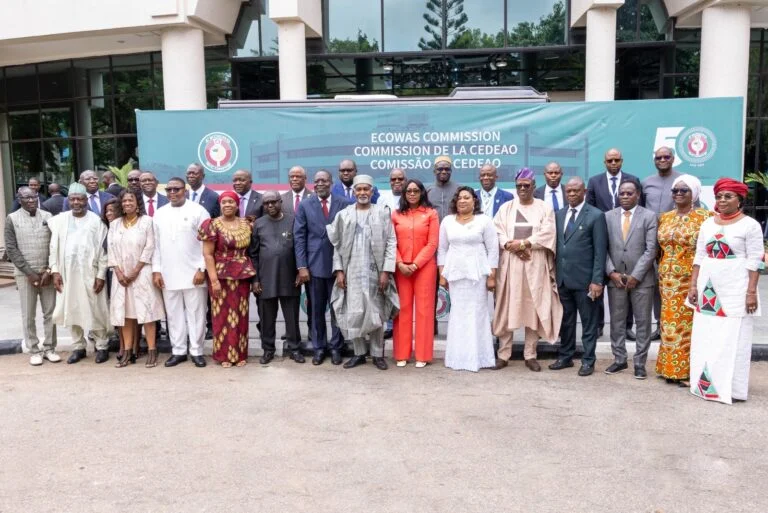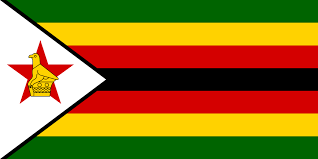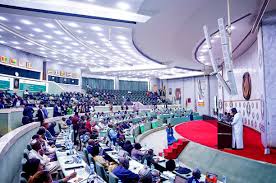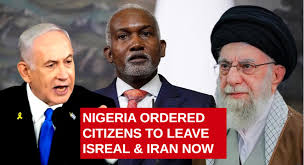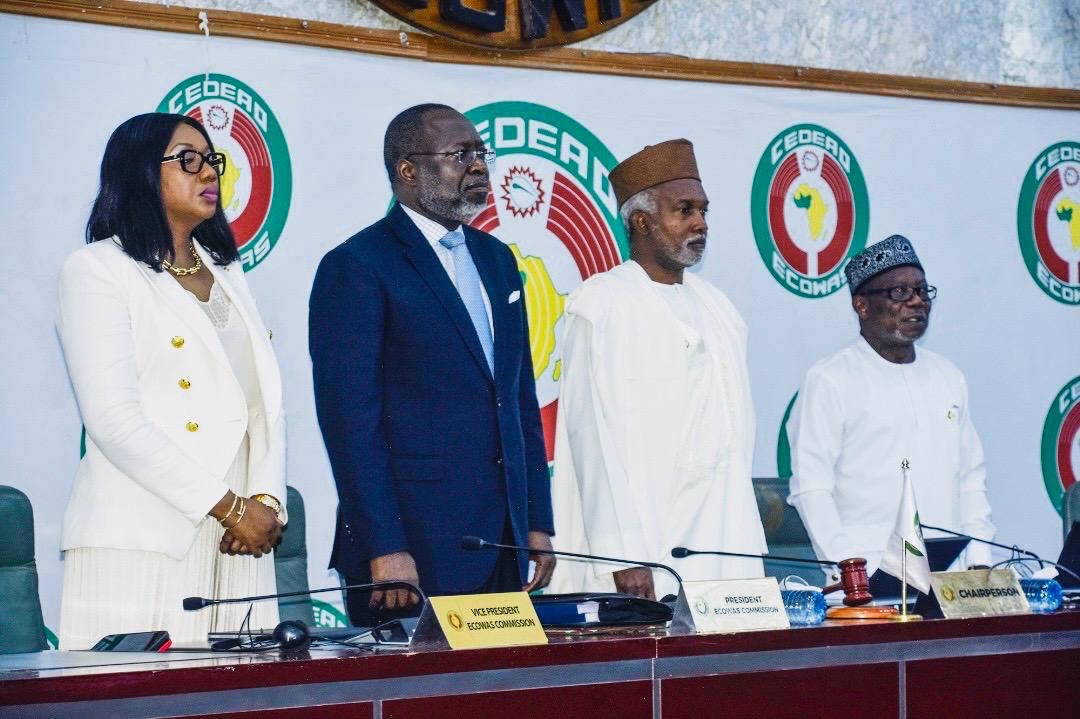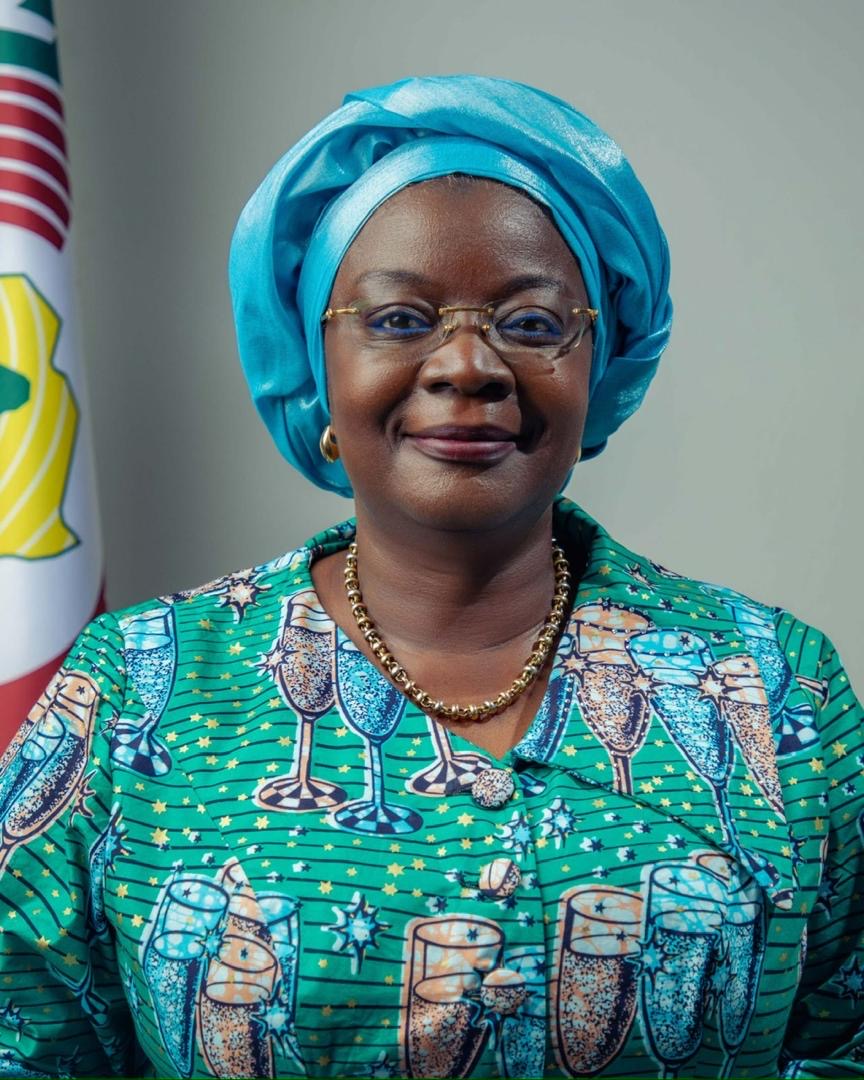ECOWAS, Sahel states seal deal to collectively confront terrorism
By Mark Longyen
The Economic Community of West African States (ECOWAS) says it has secured an understanding with Burkina Faso, Mali and Niger to collectively confront terrorism and violent extremism in the subregion.
The President of the ECOWAS Commission, Dr Omar Touray, disclosed this at the 94th Ordinary Session of the ECOWAS Council of Ministers on Thursday in Abuja.
He said ECOWAS and the three Sahel States had also agreed on the need to sustain the gains of their various protocols on economic integration, development programmes and social cohesion.
Touray also said that the commission had resumed discussions on political transition in Guinea, and working to create the right environment for its citizens to determine their country’s political future.
He said: “On the issue of security and political stability, we have secured an understanding with Burkina Faso, Mali and Niger on the need to work together to build confidence to collectively confront terrorism and violent extremism.
“We have also converged on the need to sustain the gains made under various ECOWAS protocols relating to economic integration, development programmes and social cohesion.
“With Guinea, discussions have resumed on political transition, and we are working to create the right environment for the people of Guinea to determine the political future of their country.”
The president of the commission, therefore, urged the council members to use their wisdom, collective engagement and regional solidarity to examine the issues and provide necessary orientation for accelerated regional integration and development.
Touray said the commission would present various memoranda to the council relating to progress made in the promotion of regional integration and development.
One of the memoranda, he said, was the outcome of the ECOWAS Ministers of Trade and Industry, where the minister recently validated key regional instruments, including regional and continental issues relating to trade, industry and investment promotion.
He added that the ministers examined the question of non-tariff barriers within the framework of the ECOWAS Trade Liberalisation Scheme (ETLS) and the African Continental Free Trade Area (AfCFTA).
He said the ministers also approved the bloc’s trade and investment promotion strategy, and urged member states to accelerate the ratification of the World Trade Organisation (WTO) fisheries subsidy agreement and AfCFTA.
“Non-tariff barriers have become obstacles to boosting regional trade, investment, industrialisation, competitiveness and economic growth of our region.
“Despite numerous initiatives, including the Presidential Task Force on Trade Liberation Scheme, the problems persist.
“The result of these and other efforts toward strengthening our regional market and economic integration will be presented to you in this session,” Touray added.
Amb. Yusuf Tuggar, Nigeria’s Minister of Foreign Affairs and Chairman, ECOWAS Council of Ministers, said the two-day event represented a significant milestone in the bloc’s journey toward attaining economic integration.
He said it came at a time of critical reflection and decisive action, and a reminder to the founding reasons of ECOWAS, which was essentially the fight against neo-colonialism.
“This session should be defined not only by the depth of our deliberations but by the courage of our decisions. I encourage us all to engage in open, constructive and foresighted discussions.
“Let us draw on our diverse expertise, share best practices and work collaboratively to ensure that the decisions we make here will translate into meaningful outcomes for our member states and citizens of our community,” Tuggar said.
The News Agency of Nigeria (NAN) reports that the ECOWAS Council of Ministers, which comprises ministers from each ECOWAS member state, is one of the main decision-making bodies of ECOWAS.
Its primary role is to make recommendations, mostly from ECOWAS Parliament resolutions to the Authority of Heads of State and Government, on any action aimed at achieving the bloc’s objectives. (NAN)(www.nannews.ng)
Edited by Hadiza Mohammed-Aliyu




